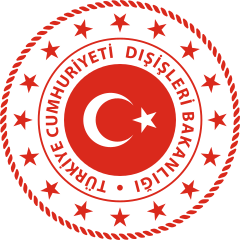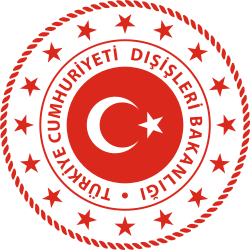DukeofBread
GA Member
- Nov 2, 2024
- 290
𐎯𐎢𐎺𐎼𐎰𐎡𐎶𐏐𐎻𐎡𐎿𐎭𐏃𐎹𐎢𐎶
To: <Ministry of Foreing Affairs of the Peoples Republic of Turkey, Amine Macar>
Subject: <Establishing Formal Relations>
Security Type: <Confidential>
I, Sha'an'Sha Gustàsp III, the great king, king of kings, king of the lands of Èran with many tribes, king of this great earth so far and wide, of Gustàsp, the king, son, a Haxāmanišya, bits you welcome from my Gate to the outer world, and greet her Exellency, the President of Turkey Aysa Aslan, her goverment and the Minister of Foreign Affairs Amine Macar.
Honorable Minister of Foreign Affairs Amine Macar,
We wish the Peoples Republic of Turkey a blossoming in the lights of the sun, that may let its country become a garden of appreciation for the Waters to see, the Mountains to protect, the Earth to splendor at.
We welcome the recent change of government in your country, similar blossomed from an movement of your great Nations people, as not long ago we saw an fundamental Change in government and system of our country. Even as our, both of such movements created, systems of State and Rule are fundamentally different, my Government sends honest greetings and congratulations at your Government of the people of Turkey.
As the international situation, especially in the region of both our countries, mostly referred to as the "middle East", is in sad recognition of facts an disturbed, even chaotic one, we wish your country all success, peace and prosperity for its future. With especially notion for the situation in Syria, Iraq, the red Sea and Afghanistan, we ask your government to establish formal relations between our both countries, exchange of permanent ambassadors and the meeting, be it in person or via electronic devices, of emissary between out government. As my country wishes to come to agreement for stability, peace and security in the region, and its our deep conviction, that such is not possible without an good relationship between both our honorable nations.
Sincerely,
Bahrām-e Čūbīn
Royal Prince of the great Gate for Foreign Relations
Kingdom of Èran
Adem






